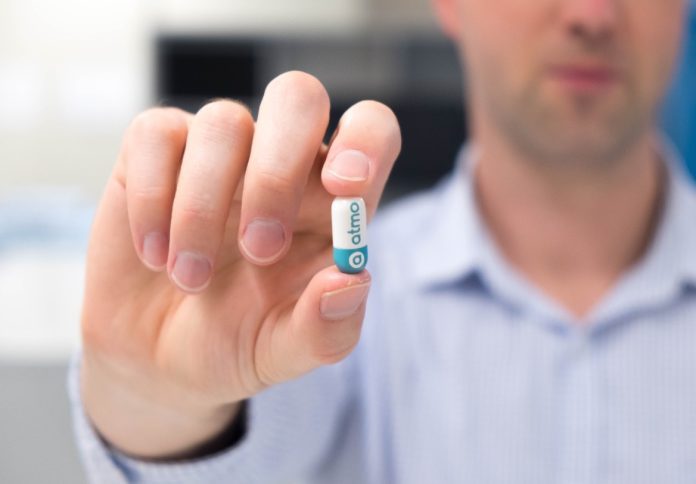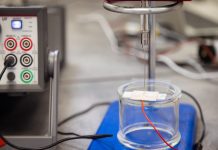
An ingestible gas-sensing capsule developed at RMIT University has moved closer to commercialisation, with the university transferring intellectual property (IP) to Atmo Biosciences in exchange for an equity stake in the company.
The Atmo Gas Capsule measures gaseous biomarkers in the gut to help diagnose motility disorders like gastroparesis and slow transit constipation, which affect around 40 per cent of people, RMIT said in a news release.
Licensed by Atmo from RMIT in 2018, the capsule has since advanced from concept to clinical trials, with Atmo Biosciences working to bring it to market.
“Having RMIT as a strategic shareholder reinforces our shared commitment to bringing this innovative technology to market,” said Atmo CEO Mal Hebblewhite.
“Full ownership of our core IP strengthens Atmo’s position as we work toward regulatory clearance and commercialisation.”
The capsule was tested in a pivotal clinical study last year involving 200 subjects across 12 trial sites in the US and Australia, demonstrating its safety and efficacy.
It has also been used in research by Florida State University to study the effects of restricted diets on gut function.
Kyle Berean, Atmo’s Head of Clinical Affairs, explained, “The Atmo Gas Capsule provides insights into gastrointestinal function including key markers such as regional gut hydrogen concentration and gastrointestinal transit time.”
RMIT’s Professor Calum Drummond emphasized the university’s role in translating research into social benefit.
“The equity component strengthens our long-term collaboration as Atmo expands its platform technology,” Drummond said, also acknowledging the contributions of RMIT students involved in the project.
Atmo aims to improve the understanding of gastrointestinal health, with Hebblewhite stating, “Much about the gut remains a mystery, and this device allows us to shine a light for better understanding of what is happening in this critical part of our body for timely diagnosis, monitoring, and insight.”
The Atmo Gas Capsule is currently pending FDA clearance and remains an investigational device for clinical research.



















